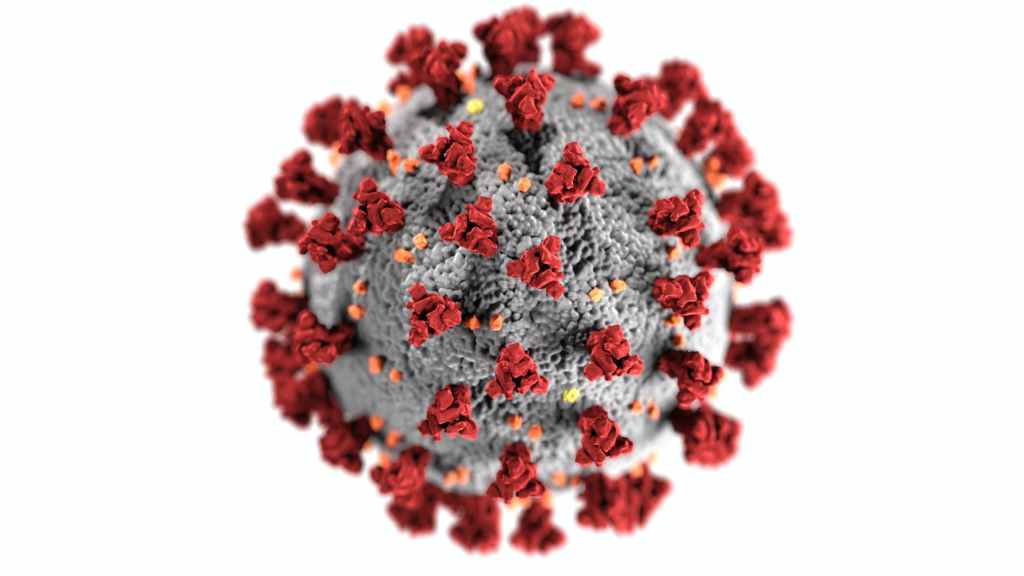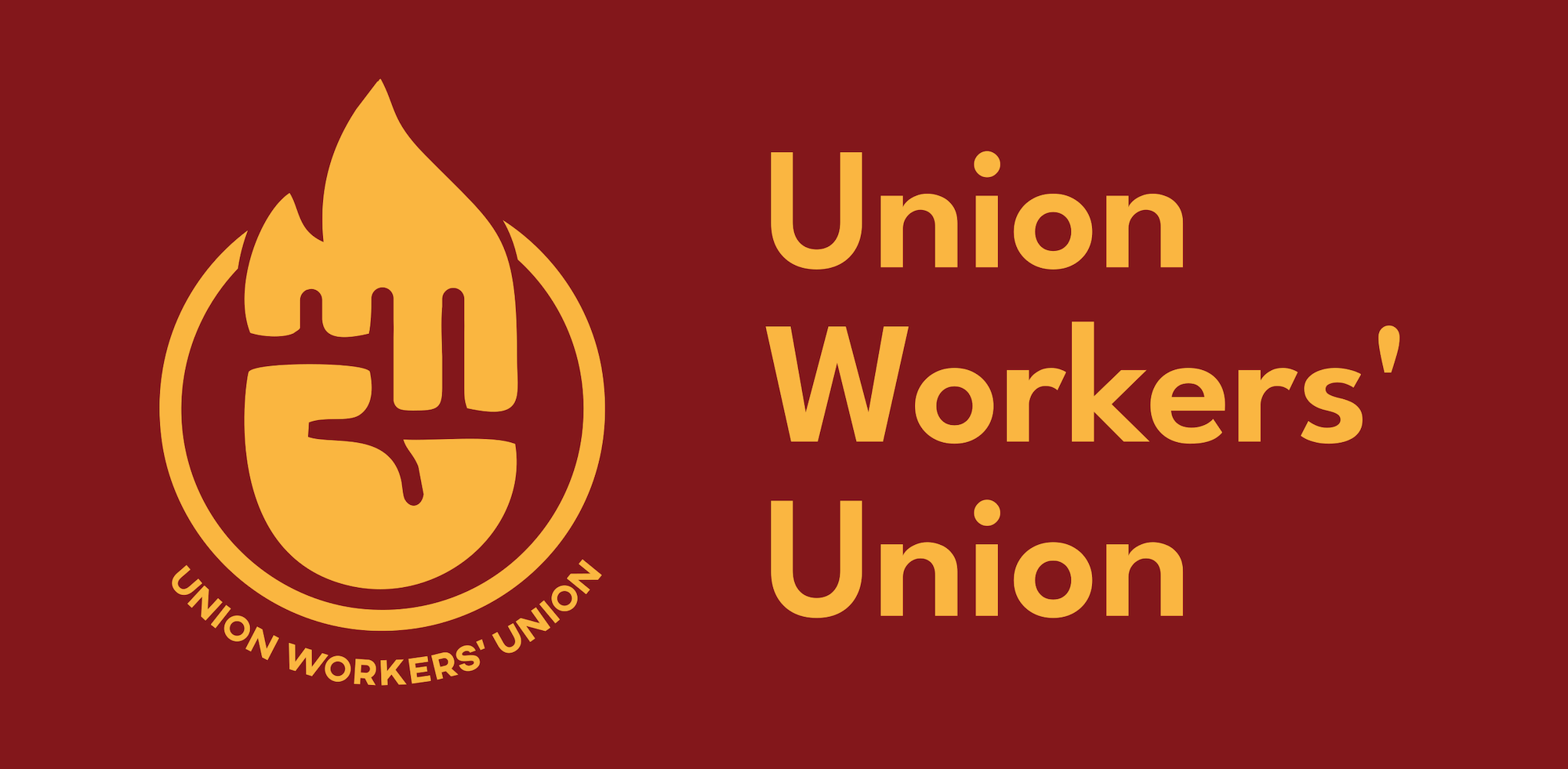
Credit: anonymous union officer for compiling the original text from which this advice was adapted.
Coronavirus – UWU advice UWU position on the current crisis:
We appreciate this is a worrying time. Unfortunately, there is a disappointing lack of leadership being demonstrated by many trade union leaders. Many unions are behind the employers they work in and some are failing to implement updated Government advice swiftly. Following a number of member concerns we have compiled the following advice:
If colleagues or reps are self isolating or in self-quarantine; all union workers should be advised to enable union workers to make an informed decision about the risks to their health, safety and wellbeing. In our view; all union meetings should now be cancelled regardless of size, unless video conferencing facilities are made available. All union workers should be offered home working arrangements immediately.
Preparations should also be made to cease all but essential union activity. Union workers should be sent home on full pay and those that are able to; encouraged to volunteer with local efforts to support key workers and vulnerable groups.
Legal requirements for employers:
HSWA 1974 – duty on employers and employees:
● Employers: s2(1) – “It shall be the duty of every employer to ensure, so far as is reasonably practicable, the health, safety and welfare at work of all his employees.”
● Employees: s7(a) – “It shall be the duty of every employee while at work to take reasonable care for the health and safety of himself and of other persons who may be affected by his acts or omissions at work”
Management of Health and Safety at Work Regs 1999:
- assessment of risk to employees’ health;
- have clear emergency procedures policy in place for events that result in‘serious and imminent danger to persons at work’;
- communicate relevant info to all employees;
- provide appropriate training to all employees;
- enhanced duties in relation to pregnant and disabled employees.
- Common law duty of employers to take reasonable care of employees.Directive 89/391/EEC on the introduction of measures to encourage improvements in the safety and health of workers at work.In practice, employers should be:
- Monitoring situation (via gov.uk, WHO, HSE);
- Assessing risks to and from employees, students, contractors customers,visitors – especially in relation to high risk groups;
- Reviewing (policies and procedures, contact details, communicationmethods, contracts etc);
- Considering measures such as, e.g. increased cleaning, availability of hotwater, soap, hand sanitiser, tissues etc, ensuring managers know how to spot coronavirus symptoms, revising travel plans, allowing working from home or modified hours to avoid rush hour travel;
- Communicating info and guidance to union workers, and updating as necessary.FAQsDoes an employer have to pay full pay, contractual sick pay (CSP) or SSP?The UWU position is that no union workers member should be placed at a detriment as a result of Coronavirus either in terms of pay or disciplinary action arising from sickness. The exact position will depend on your contract of employment however, the UWU encourages all union employers to exercise trade union principles and discretionary measures to ensure no union workers member is placed at a detriment.
If an employee is unable to work due symptoms which have been diagnosed as coronavirus?
CSP, or – if no CSP entitlement – SSP from day 1.
If an employee is unable to work due to symptoms that could be coronavirus?
CSP, or – if no CSP entitlement – SSP from day 1.
If an employee is not attending work because the employer has instructed them to stay away from work even though they are well?
Full pay unless contract provides otherwise.
If an employee is self-isolating despite having no symptoms or very mild symptoms?
If an employee is given a written notice from a GP or by NHS 111 that they should self-quarantine (e.g. because they have travelled within the last 14 days from an area identified as high risk or have been in contact with someone who is infected), then they will be entitled to SSP.
Explanation for the above entitlement (via Daniel Barnett/Hill Dickinson LLP): SSP is only payable in respect of a period of incapacity for work where the worker is “incapable by reason of some specific disease or bodily or mental disablement of doing work” (section 151(4) of the Social Security Contributions and Benefits Act 1992). A person self-isolating who is well enough to work would not normally satisfy this test. However, regulation 2 of the Statutory Sick Pay (General) Regulations 1982 provides “a person who is not incapable of work … may be deemed to be incapable of work of such a kind by reason of some specific disease or bodily or mental disablement for any day on which either … he is:
(i) excluded or abstains from work … pursuant to a request or notice in writing lawfully made under an enactment;
or, (ii) … by reason of it being known or reasonably suspected that
he is infected or contaminated by, or has been in contact with a case of, a relevant infection or contamination.” Following the introduction of the Health Protection (Coronavirus) Regulations 2020, coronavirus does fall within the definition of a relevant infection or contamination. Therefore, if a worker is given a written notice from a GP or by NHS 111 that they should self-isolate, then they will be entitled to SSP.
If an employee is fit and healthy and is not subject to medical advice to self-quarantine, but refuses to come to work for fear of catching the virus, there is generally no SSP entitlement. However:
- An employee might have a right under s44 ERA 1996 not to be subjected to detriment if self-isolating can be construed as the employee taking appropriate steps to protect themselves in circumstances where they reasonably believe that there is a serious or imminent danger to them. An employee who is pregnant, over 60 or in some other higher risk group may be more likely than others to be able to demonstrate “reasonable belief”.
- A disabled worker may have the right to stay home as a reasonable adjustment if the PCP to attend the workplace puts them at substantial disadvantage – e.g. if the particular nature of disability (asthma? diabetes? cardiovascular disease?) makes them more susceptible to coronavirus.What happens if an employee cannot attend work because they have caring responsibilities for children or other dependents, e.g. because their children’s school is closed or their child-minder is ill, or because other relatives are unable to care for the dependant during working hours?This will depend on any contractual right to carer’s leave. However, as above, the UWU position is that employer’s discretionary powers should be exercised to improve upon any contractual arrangements due to the unprecedented situation.
Failing any contractual right, s57A ERA 1996 gives employees the right to reasonable t ime off to make arrangements for care for a dependant. However this right does not extend to taking time off to provide the care personally, nor is there any right to be paid during this time off.
Can an employer discipline or dismiss an employee who refuses to go to work because they are concerned about catching the disease from colleagues or others?
Potentially yes, as long as fair process is followed and decision is reasonable. However, if the employee is dismissed for refusing to attend work because he/she employee reasonably believes that they are in serious and imminent danger that would be automatically unfair under s100 ERA 1996.
In practice, an employee may have difficulty in establishing “reasonable belief” in the absence of guidance from PHE or Government that the pandemic disease has become so contagious that employees should remain at home. An employee who is pregnant, over 60 or in some other higher risk group may be more likely than others to be able to demonstrate “reasonable belief”.
Can an employee be disciplined / dismissed for refusing to stay away from work despite having flu-like symptoms, and or for refusing to comply with H&S policies?
Yes as long as fair process is followed and decision is reasonable. These types of conduct could potentially amount to gross misconduct and or a breach of trust and confidence by the employee.
If a worker tests positive for coronavirus, can the employer disclose this to the workforce?
In order to comply with H&S legislation, employers are likely to be obliged to collect, hold and – in certain circumstances – disclose medical information about workers. Under GDPR, information about employees’ health constitutes ‘sensitive personal data’ and therefore such info must be processed in accordance with GDPR principles.
However GDPR allows processing of medical data relating to a data subject where it is n ecessary in order for the employer to comply with its legal obligations in relation to H&S.
An employer who actually names a worker without that worker’s consent may be taking a legal risk. However an employer who discloses some medical info because it is necessary to do so in order to comply with H&S duties is unlikely to be breaching GDPR, even if such disclosures lead to others correctly guessing the identity of the affected worker.
Advice from ACAS if someone becomes unwell at work:
If someone becomes unwell in the workplace and has recently come back from an area affected by coronavirus, they should:
- get at least 2 metres (7 feet) away from other people;
- go to a room or area behind a closed door, such as a sick bay or staff office;
- avoid touching anything;
- cough or sneeze into a tissue and put it in a bin, or if they do not havetissues, cough and sneeze into the crook of their elbow;
- use a separate bathroom from others, if possible.
The unwell person should use their own mobile phone to call either 111, for NHS advice or 999, if they’re seriously ill or injured or their life is at risk. They should tell the operator their symptoms, and which country they’ve returned from in the last 14 days.
If someone with coronavirus comes to work, the workplace does not necessarily have to close but Public Health England (PHE) should be notified immediately and PHE guidance must be followed.
Issued: 17th March 2020. NB this is an evolving situation and advice may change.
Stay safe.
